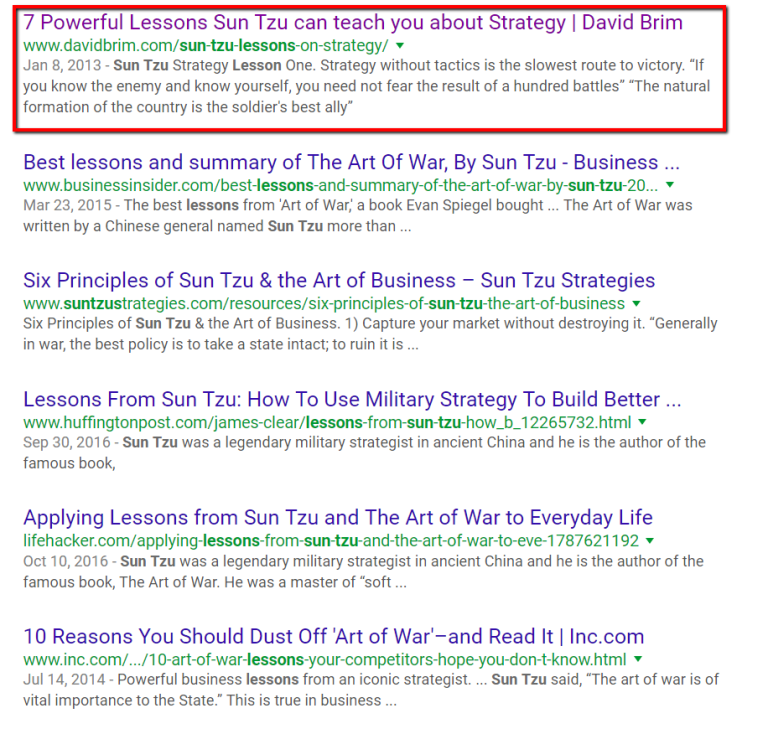Uncovering and Leveraging Searcher intent to Improve your SEO
Search Engine Optimization is a topic I am frequently asked about. I am also frequently asked about Google’s Algorithm updates, most recently – Panda and Penguin, and how to avoid being penalized. There have been many changes related to SEO over the last year and a half. Many companies took large hits after being penalized for Black-Hat, or unethical search tactics.
One thing is important to remember pertaining to SEO…
Google and other search engines want to provide the most valuable result to their users. If a user finds what they are looking for they will most likely be satisfied with the search engine and want to return. If you can provide the user with the valuable content, or resources they are looking for and make it easy for them to accomplish their goal, your chances of being penalized by Google are much less.
Your job as a marketer, or an SEO professional running a social media agency should be to…
In order to give the searcher what they want, you must first ask yourself…
What is the searcher trying to accomplish by typing in a particular keyword?
If you’re able to answer this question then you have uncovered the searcher’s intent. If you understand the searcher’s intent you’ll be able to better customize a landing page to give the searcher of that specific keyword what they are looking for. A common industry phrase to help you remember the different types of search intent is “Do, Know, Go.” Here’s a breakdown of this phrase in action:
Action (Do) Intent: Searcher wants to do something
Examples of Action oriented intents include:
- Wanting to download software
- Wanting to call a plumber
- Wanting to buy a product online
- Wanting to play an online game
- Wanting to translate words into different languages
- Wanting to calculate the interest payment on a loan online
- Wanting to buy tickets for an upcoming concert of sporting event
Information (Know) Intent: Searcher wants to learn or know something about a particular topic.
Examples of information-oriented intent include:
- Learning about a historical person
- Seeking the meaning of a word
- Wanting to learn about a new trend
- Wanting to read reviews for a particular restaurant
- Gathering information about a particular medical condition
Navigation (Go) Intent: Searcher wants to navigate to a specific place.
Examples of navigation-based intent include:
- Chipotle Order Online (want to go to order page on Chipotle website)
- Best Buy store locator (want to go to best buy store locator page)
- Facebook (want to visit Facebook’s website)
Understanding a searcher’s intent when they type in a specific keyword can help you craft and display content, resources, links or tools that meet their needs.
Unfortunately there is no crystal clear way of determining a searcher’s precise intent. At times there may also be multiple intents associated with a particular search query. For example, someone may be trying to visit “Go Intent” to Amazon where they will buy “Do Intent” a used product.
One valuable way to determine the searcher’s intent is to take your time and thoroughly understand your key prospect during your customer discovery process. You can also conduct searches and evaluate how other competitors for that particular keyword are taking advantage of the visitor traffic once they come to their website.
Remember that you want to craft your landing page to have the least path of resistance to help the searcher accomplish what they are looking to do.
If it’s a “do intent,” (let’s say the visitor wants to buy something), then you want a very clear “buy” call-to-action. If it’s a “know intent,” and if their goal is to learn more about a topic, then you want to have various aspects of the topic displayed in a digestible way. The visitor can dive deeper and learn more about the topic; this will result in higher searcher satisfaction and more conversions.
Understanding searcher intent is clearly a Win/Win and if you haven’t began incorporating it into your search engine optimization strategy…I highly suggest you do!



